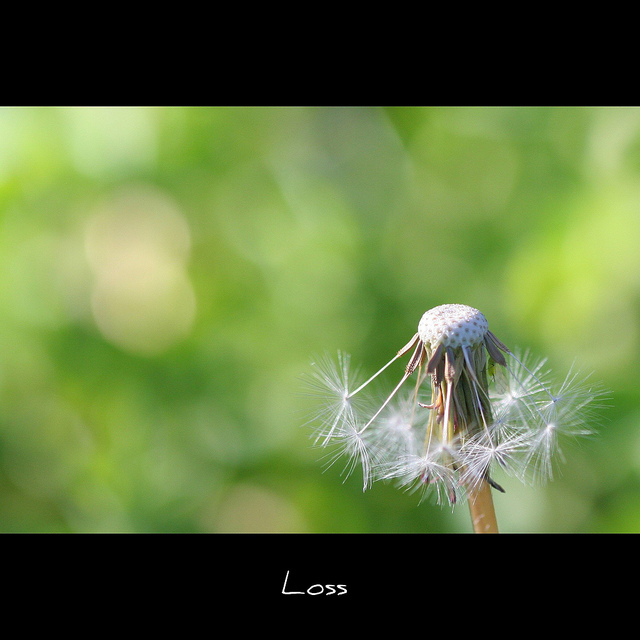I was struck recently by an author’s description of her caregiving roles and subsequent losses of parents and parent-in-law in an article in the New York Times. The writer, Margaret Renkl, said “the end of caregiving isn’t freedom. It’s grief.” For most people I imagine it’s some of both.
People leave jobs and lose other connections as their energies are directed into caregiving roles for elderly relatives. When death finally comes, some people describe it as a relief, especially for relatives who may have become paranoid or belligerent, or who no longer recognize family members. Others imagine mom or dad “never would have wanted to live like this” and are relieved for the elder as well when the end comes.
To cope, it’s important to realize that feeling of anger, sadness, stress, and loneliness are normal, as is some guilt about being relieved or even happy that it’s over. It’s important to use support systems—both family and friends, as well as professionals to take care of the caregiver—yourself, by getting enough sleep and exercise as you get into a new routine.
As with any loss, allow yourself time to grieve. It will take time to fill in those parts of your life with relationships and activities formerly take up by caregiving, unless of course, as for the New York Times article author, and for many Baby Boomers, another elder is just around the corner needing care. Try to be understanding with those who may not know what to say or who try to minimize your grief.

Leave a Reply